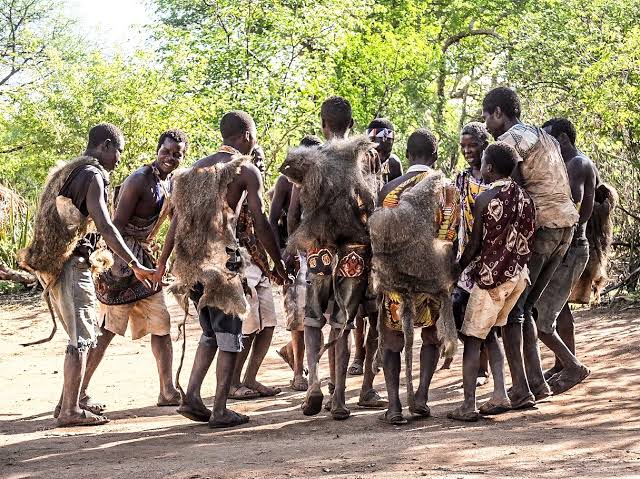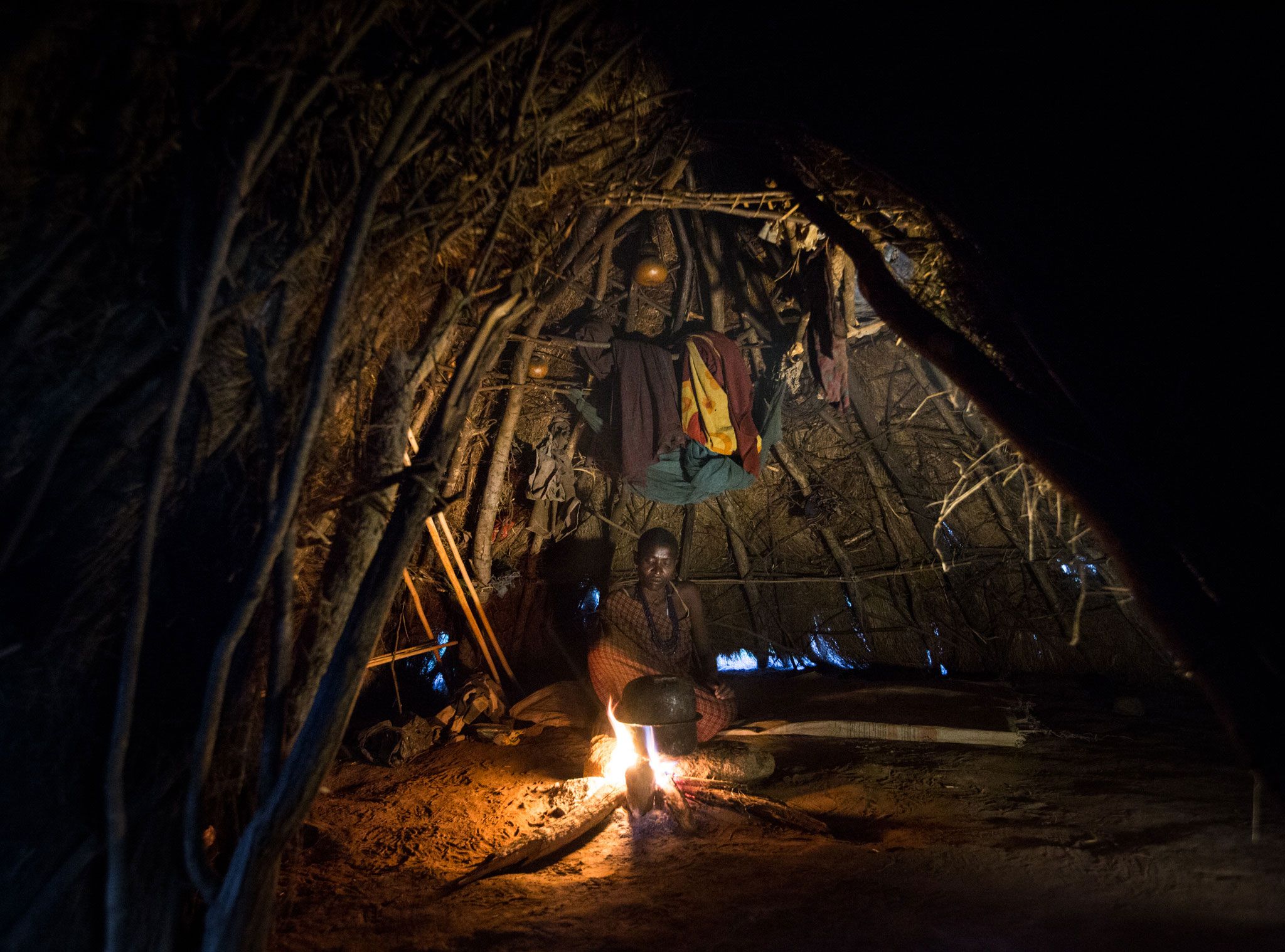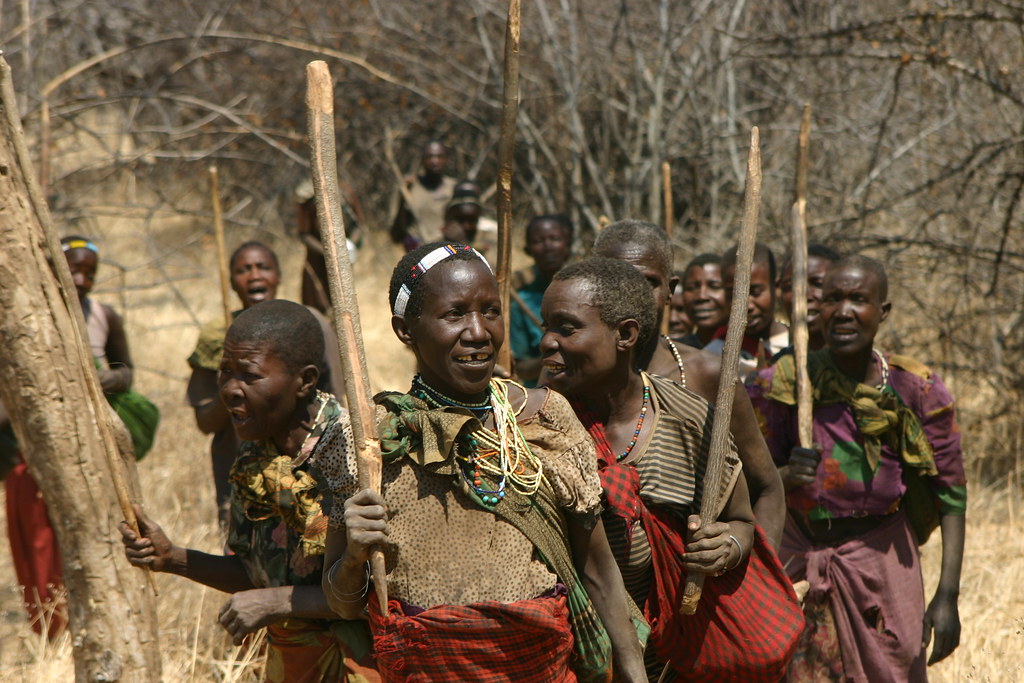
Introduction
The Hadza tribe, also known as the Hadzabe, are one of the last remaining hunter-gatherer communities in East Africa, inhabiting the Lake Eyasi region of northern Tanzania. They are believed to be one of the oldest lineages of modern humans, with a lifestyle and language that have remained largely unchanged for thousands of years.
Living in small, nomadic bands, the Hadza rely on hunting wild game and gathering wild plants for their sustenance. Their intimate knowledge of the land allows them to navigate the rugged terrain with ease, tracking animals and foraging for edible plants with remarkable skill.

Simplicity
The Hadza's hunter-gatherer lifestyle is characterized by its simplicity and self-sufficiency. They construct temporary shelters using branches and leaves, moving frequently in search of food and water. Their diet consists primarily of meat, honey, tubers, and wild fruits, supplemented by occasional gifts from neighboring tribes and trade with pastoralists.
Central to Hadza society is their egalitarian social structure, where decisions are made collectively and each individual's contribution is valued equally. Gender roles are fluid, with both men and women participating in hunting, gathering, and childcare.

The Beach
The Hadza's traditional way of life is facing increasing pressures from modernization, land encroachment, and external influences. As a result, their population has dwindled over the years, and they now number only a few thousand individuals.
Despite these challenges, the Hadza remain steadfast in their commitment to preserving their cultural heritage and ancestral lands. They continue to resist outside pressures and adapt to changing circumstances while maintaining their connection to the land and their traditional way of life.